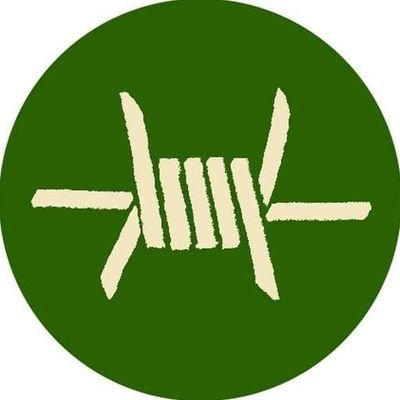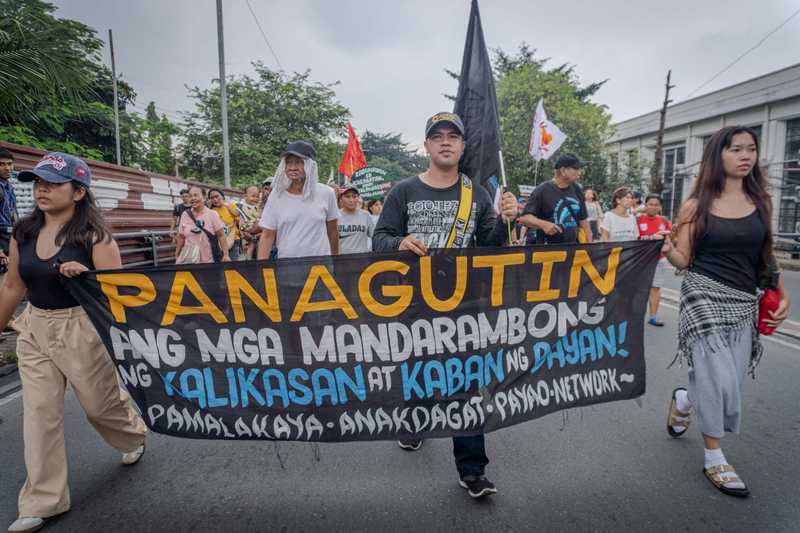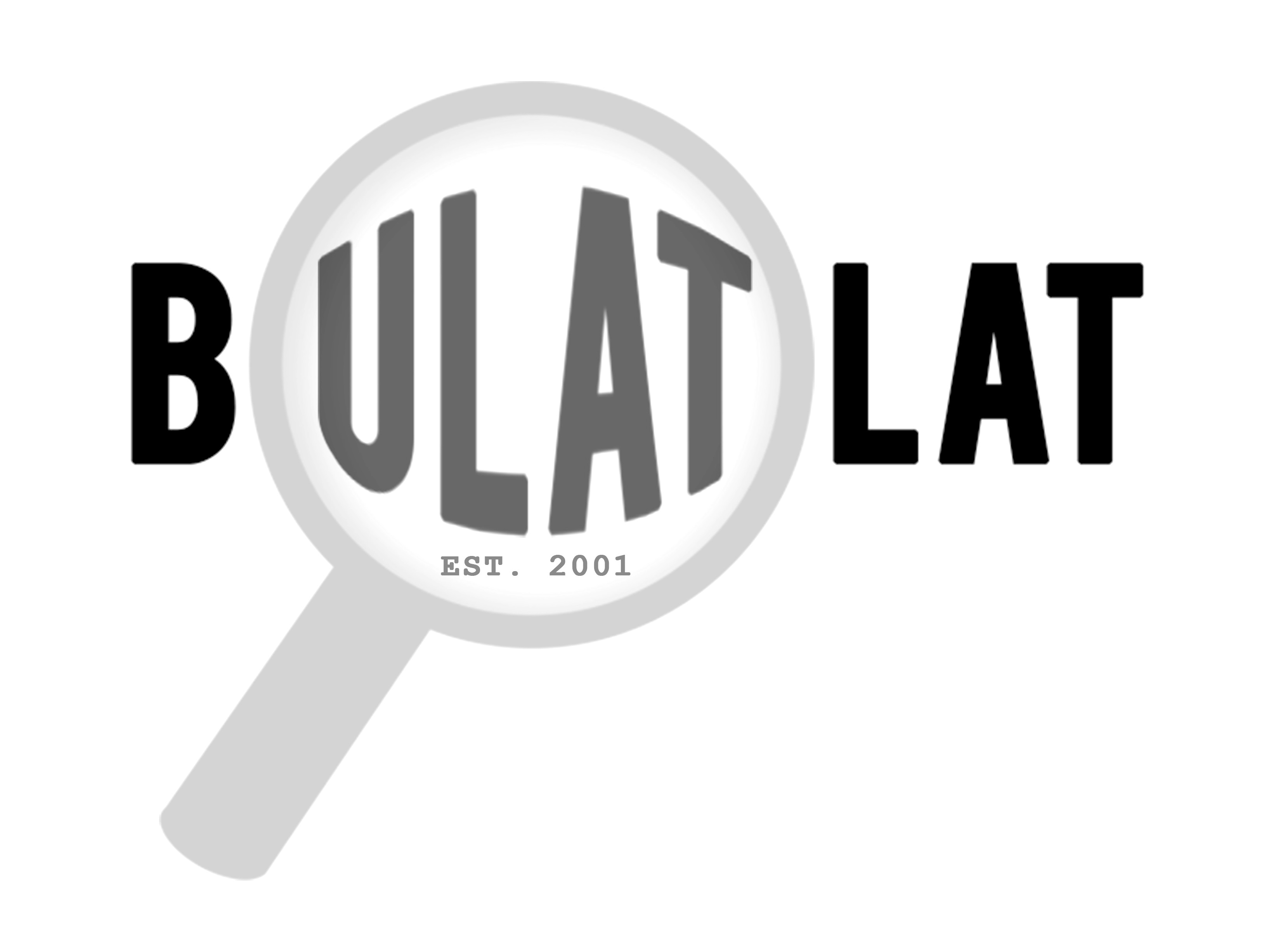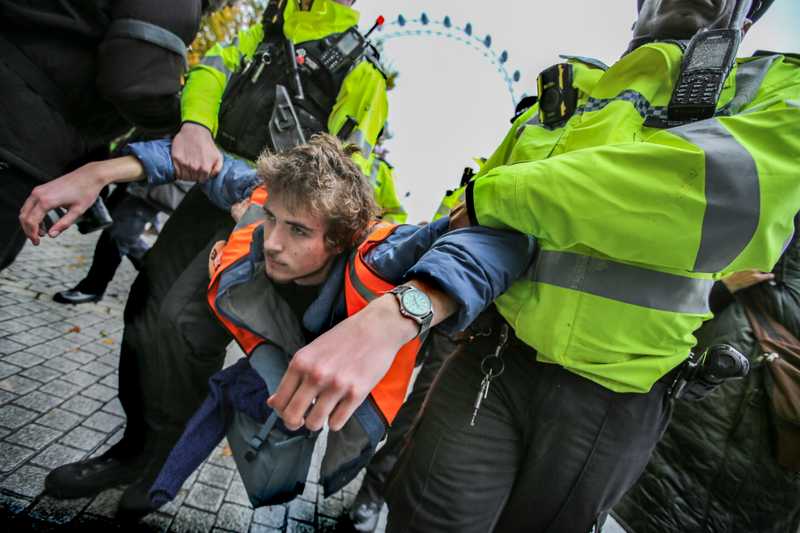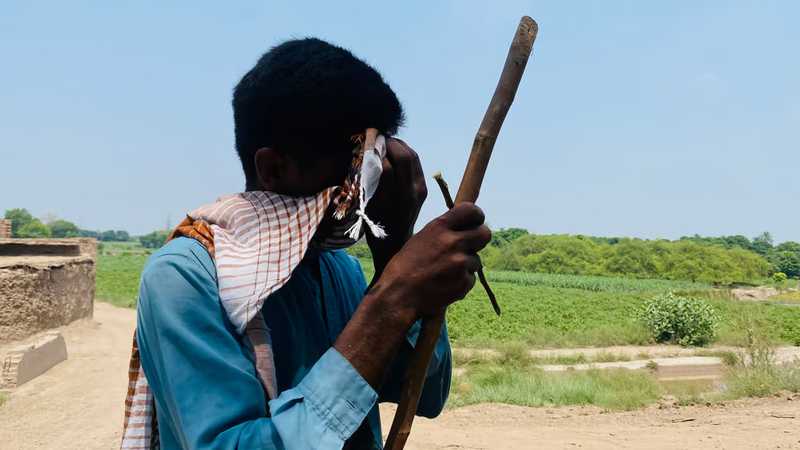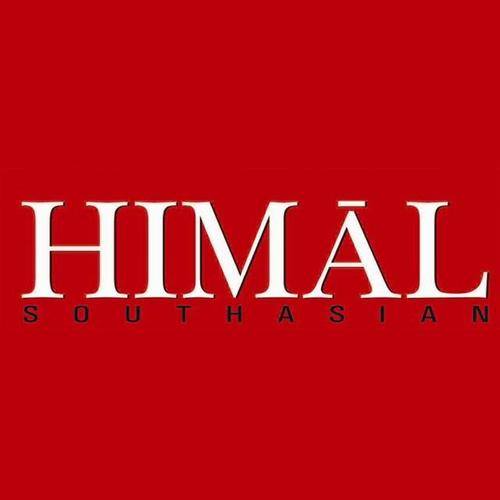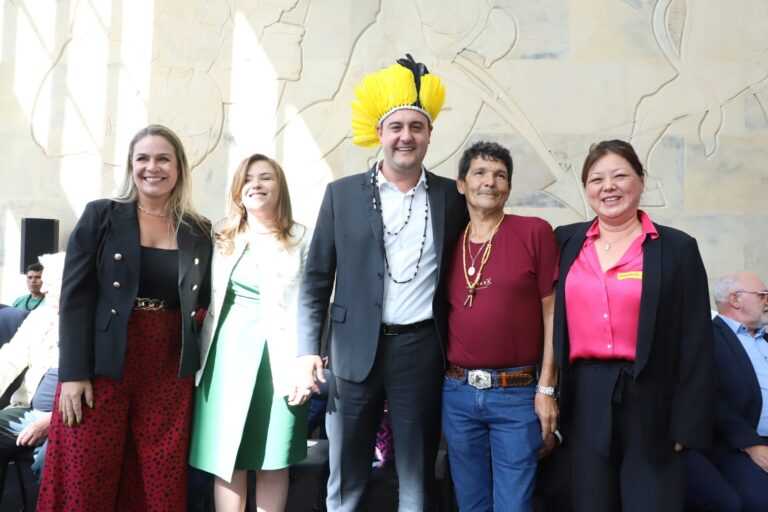
The information compiled in the dossier “Invaders: parliamentarians and their financiers own land overlapping indigenous lands“, was prepared by Agribusiness Watch from the crossing of the land databases of the National Institute of Colonization and Agrarian Reform (INCRA) and the National Foundation of Indigenous Peoples (FUNAI), with information from the Superior Electoral Court (TSE).
The document was released on June 14th and shows the names of 18 members of the agribusiness caucus financed by landowners with overlaps in ITs. The dossier is the result of an investigation of more than six months, involving professionals from various fields of knowledge — Geography, History, Agronomy, Law and Journalism — and is presented in a context of pressure against the rights of rural peoples in Congress, with the installation of the Parliamentary Commission of Inquiry (CPI) on the Landless Rural Workers Movement (MST) and the approval of Bill No. 490/2007, which establishes the Temporal Framework for demarcation of indigenous lands, both in the Lower House.
The report also points out three congressmen who own farms on indigenous lands registered in the name of their companies: Senator Jaime Bagattoli (PL-RO) and deputies Dilceu Sperafico (PP-PR) and Newton Cardoso Júnior (MDB-MG). The three are members of the Agribusiness Parliamentary Front (FPA).
“If parliamentarians want to seriously debate land invasions in Brazil, they need to understand who declares farms in indigenous territories,” says Alceu Luís Castilho, director of Agribusiness Watch. “Income inequality goes hand in hand with land inequality and society has the right to know how land is appropriated in this country.”
The full report is available here.
FARMERS WITH OVERLAPS FINANCED CONGRESSMEN AND BOLSONARO
The first part of the dossier, released on April 19th, pointed out the names of national and foreign companies among the 1,692 overlapping farms on 213 indigenous lands, which totaled 1.18 million hectares — equal in size to the territory of Lebanon. In the second part, the observatory team tracked which of these partners donated to politicians in the 2022 campaigns; in the case of 54 of the 81 senators, also 2018.
Eighteen members of the Agribusiness Parliamentary Front (FPA) received BRL 3.6 million in campaign donations from these invaders. Among them are the president of the front, Pedro Lupion (PP-PR), vice-presidents Arnaldo Jardim (Cidadania-SP) and Evair Vieira de Melo (PP-ES), political coordinator Tereza Cristina (PL-MS), former Minister of Agriculture, and eight other directors.
Another highlight of the report is the invaders who invested heavily in Jair Bolsonaro’s (PL) defeated bid for re-election. Together, 41 overlapping ranchers donated R$1.2 million to his campaign. They control an area of 107,847.99 hectares, incident in 23 areas demarcated by Funai.
SENATOR HAS A FARM IN ISOLATED INDIGENOUS AREA
In November 2007, the former owners of a farm now owned by Senator Jaime Maximino Bagattoli (PL-RO) registered an area of 2,591.76 hectares within the Indigenous Territory Rio Omerê, in Corumbiara, Rondônia, where the Akuntsu people and the five remnants of the Kanoê, who voluntarily isolated themselves from non-indigenous people, live. The land had been homologated in April 2006.
Jaime Bagattolli and his brother Orlando acquired the farm in 2011, through the pledge of a debt incurred by the previous owners, the Junqueira Cleto family, owner of the São José Jacuri Agropecuária company. In 1986, the family went to court to prevent the restriction of use of the IT Rio Omerê from being declared, claiming that there was no indigenous presence in the area.
With declared assets of more than R$ 55 million, the senator for Rondônia is a native of José Boiteux (SC). He owns the Bagattoli Group, based in Vilhena (RO), and brings together Transportadora Giomila, Rede Catarinense de postos de combustível and several farms focused on planting soybeans and raising cattle.
A member of the FPA, the politician was elected defending the economic exploitation of indigenous lands and the “land regularization” of Amazonian lands without definitive registration. On April 19th, Indigenous Peoples’ Day, Bagattoli proposed two bills: the first intends to guarantee the landowner the right to “directly request the use of police force to remove the invaders, regardless of a court order”, the second amends the Penal Code to include the occupation of rural properties in the section of crimes against property.
Even with such a scandalous conflict of interest, it will be up to the Senator of the Republic Jaime Bagattoli to evaluate the Bill No. 490/2007, on the Temporal Framework – which will pass through the Senate, after having been approved on May 30 in the Chamber. If approved and sanctioned by President Lula, the project will directly benefit the politician’s business.
The map below shows the overlap identified on behalf of Transportadora Giomila:
Farm owned by Senator Jaime Bagattoli overlaps IT Rio Omerê, in Rondônia. (Eduardo Carlini/Agribusiness Watch)
DEPUTY FROM MINAS GERAIS HAS FARM INSIDE IT KAXIXÓ
Deputy Newton Cardoso Jr (MDB-MG), one of the 27 directors of the FPA, is a partner with his father, former governor Newton Cardoso, a.k.a. Newtão, of Companhia Siderúrgica Pitangui, a company that claims a series of farms in northern Minas Gerais. The company appears in INCRA records as the owner of the Crisciúma and Capão farms in Martinho Campos (MG). The two are completely overlapping the territory of the Kaxixó indigenous people: the first with 460.20 hectares, the second with 373.84.
Historically, the deputy from Minas Gerais is linked to the defense of the steel and forestry sectors, in addition to maintaining a cattle ranching company. With his companies owing BRL 190.6 million to the Union, Newton Cardoso Jr. was rapporteur of the Provisional Measure that changed the rules of the Tax Recovery Program (Refis), in 2017, during the Temer government. He was also the author of a project that proposes to end the obligation of prior environmental licensing and impact studies for reforestation areas.
In northern Minas Gerais, near the border with Bahia, he and his father own reforestation farms. The family’s steel mill uses charcoal from eucalyptus reforestation on these farms.
In 2017, once again legislating in his own cause, Newton Cardoso Júnior voted in favour of Provisional Measure 759, known as “MP da Grilagem”, which gave loopholes for the legalization of invaded public areas.
DILCEU SPERAFICO LEADS CONFLICTS WITH GUARANI KAIOWÁ PEOPLE
Deputy Dilceu Sperafico (PP-PR) owns, along with his brothers, the 4,418-hectare Maracay Farm in Amambaí (MS). The soybean plantation area crosses the border of the IT Iguatemipegua I, claimed by the Guarani Kaiowá people..
Valued at R$92.9 million, the property is under seizure to pay off the debts accumulated by the family. In judicial recovery, the Sperafico Group sells soybeans, corn, wheat and derivatives from its properties that spread across Mato Grosso, Mato Grosso do Sul, Pará and Tocantins. In 2019, Dilceu owed R$129 million in taxes to the Union, the company has liabilities of more than R$1 billion.
In the same region of the conflict, in 2007, a bus belonging to the Sperafico group provided logistical support for an armed attack on the Kurussu Ambá indigenous community. This attack culminated in the murder of a 73-year-old Guarani Kaiowá indigenous woman. According to the Indigenous Missionary Council (Cimi), the victim’s body was taken to the bus and left on the side of the MS-289 highway in Coronel Sapucaia (MS).
In his seventh term in the Chamber, Sperafico (PP-PR) is one of the main defenders of the 2000 Constitution Amendment Proposal (PEC), which intended to delegate to the Legislative the attribution to demarcate new indigenous territories and revoke homologations already carried out. The proposal was eventually incorporated into the Temporal Framework bill.
FAMILY OF GOVERNOR RATINHO JR. DISPUTES LAND WITH INDIGENOUS PEOPLE IN ACRE
The family of Paraná Governor Ratinho Júnior (PSD) owns a megalatifundium in Acre, which falls within the limits of the Kaxinawá TI of Praia do Carapanã, in the municipality of Tarauacá. The family disputes the area, regularized since 2001, covering 13.82 hectares in the lands of the Huni Kuin people, also known as Kaxinawá, in addition to disputing territory with squatters who remained in the region after the dissolution of the rubber plantations.
His father, Ratinho, bought the land in 2002, after paying about R$ 330,000 to the Companhia Paranaense de Colonização Agropecuária e Industrial do Acre (Paranacre), which has been identified as the main promoter of land grabbing in the region. The area is registered in the name of Agropecuária RGM, a partnership between the presenter and his other two sons.
In the region, Ratinho has a history of conflicts against local indigenous communities – especially the Yawanawá – who resist the presenter’s interest in establishing a large logging project in the Amazon.
In addition to political capital, the family has accumulated a fortune over the years, valued at R$530 million. Ratinho’s family owns its own radio and television station in Paraná, Rede Massa, and 19 farms across the country, where it invests in livestock and in planting soybeans, corn and coffee.
Close to ruralist agendas, Ratinho Jr. met in April with members of the FPA to discuss “land invasions” and repossession actions.
The family of governor Ratinho Jr owns lands in Acre. (Eduardo Carlini/Agribusiness Watch)
MAYORS COMMAND ESTATES ON INDIGENOUS LANDS
Three mayors and two deputy mayors of municipalities in the Southeast and Midwest are on the list of farms overlapping indigenous lands. They join dozens of other municipal chief executives with this type of incidence.
The father of Mayor Bruno Margotto Marianelli (Republicanos), from Linhares (ES), Zilmar, owns a farm overlapping 273.27 hectares of the IT Comexatibá, in Bahia.
The son of Mayor Carlos Alberto Capeletti (PSD), from Tapurah (MT), is one of the partners of Melhoramentos Agropecuários Tapurah, owner of the second largest recorded overlap in the country: Fazenda Uga-Uga advances on 47,000 hectares of the IT Manoki and occupies 18% of the demarcated area.
The mayor of Campos de Júlio (MT), Irineu Marcos Parmeggiani (Patri), owns the Santo Reis Farm, which borders the IT Vale do Guaporé, of the Nambikwara people.
Two deputy mayors with a mandate in 2023 are advancing on the IT Paresi: Claudio José Scariote (Podemos), from Sapezal (MT), and Zé Roberto Arcoverde (MDB), from Iguatemi (MS). Arcoverde was mayor of Iguatemi for two other terms. It is in this municipality that his sister and partner Ana Paula declares almost 2,000 hectares overlapping the IT Iguatemipeguá I, of the Guarani Kaiowá people.
Another 23 former mayors and deputy mayors have overlaps in ITs pointed out in the report.
MATO GROSSO DO SUL CONCENTRATES OVERLAPPING POLITICIANS
Owner of the greatest land inequality in the country, with 92% of agricultural land in private hands, Mato Grosso do Sul leads the overall ranking of overlapping farms on indigenous lands recorded by the project “Invaders“: it accumulates 630 of the 1,692 cases analyzed. And it concentrates the largest number of politicians involved in territorial disputes against indigenous peoples.
Of the 42 areas in TIs whose holders are politicians (or their first-degree relatives), 17 are in the state. The case of the Pedrossian family is illustrative. Led by the patriarch, former governor Pedro Pedrossian, the clan is in its third generation of politicians with state deputy Pedrossian Neto (PSD-MS) elected in 2022.
A cattle rancher and breeder of Nelore cattle, Pedrossian owned Fazenda Petrópolis, with 2,250 hectares. Incra data show that 1,172.81 hectares extend into the IT Cachoeirinha. The patriarch died in 2017 and the property passed into the hands of his children, Pedro Paulo Pedrossian and Regina Maura Pedrossian. The two were already involved in several repossession actions against the Terena people, filed between 2008 and 2018, claiming the removal of families occupying parts of the farm. Pedro Paulo is the father of state deputy Pedrossian Neto. A partner in the farm and in Agropecuária Petrópolis, Regina donated R$1,000 to Bolsonaro’s campaign in 2022.
The dossier “Invaders: parliamentarians and their financiers own land overlapping indigenous lands” shows the direct participation of other politicians from Mato Grosso do Sul. Deputy Zé Teixeira (PSDB), former secretary Ricardo Bacha (Citizenship) and lawyer Luana Ruiz — with free transit in the FPA — are protagonists of territorial conflicts with the Guarani Kaiowá and Terena peoples.
The central character of the film “Wind on the Border”, Luana is heiress of the owners of the Fronteira Farm, which overlaps the IT Ñande Ru Marangatu and was the scene of the murders of Simião Vilhalva in 2015, Dorvalino da Rocha in 2005, and Marçal de Souza Tupã-i in 1983.
She was called in 2018 to join the transition team of the Bolsonaro government, at the request of Tereza Cristina. She took up the post of assistant secretary for Land Affairs at the Ministry of Agriculture, just below the former president of the Rural Democratic Union (UDR), Luiz Antonio Nabhan Garcia.
Together with her husband, Luana Ruiz acts in repossession actions and processes that challenge the demarcation of indigenous lands based on the temporal framework. Agribusiness Watch identified 17 owners of farms overlapping indigenous lands who were legally represented by the lawyer. Two of them donated to the lawyer’s campaign for the Chamber of Deputies.
OBSERVATORY HIGHLIGHTS CASES IN SERIES OF REPORTS
The 1,692 overlaps in indigenous lands revealed by “Invaders” project prove that the violation of indigenous rights is not a mere by-product of agrarian capitalism. Behind this policy of unbridled expansion over tractional territories are some of the main leaders of agribusiness.
This political interface does not only occur in the legislature. They hold public positions in all three branches of government, ensuring the maintenance of the ruralist political system that has been in place in Brazil for at least two centuries.
The launch video of the second part of the report can be viewed here.
